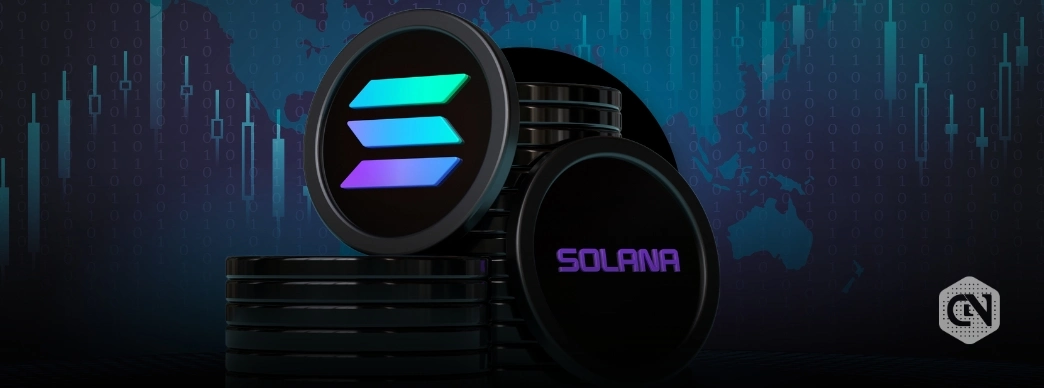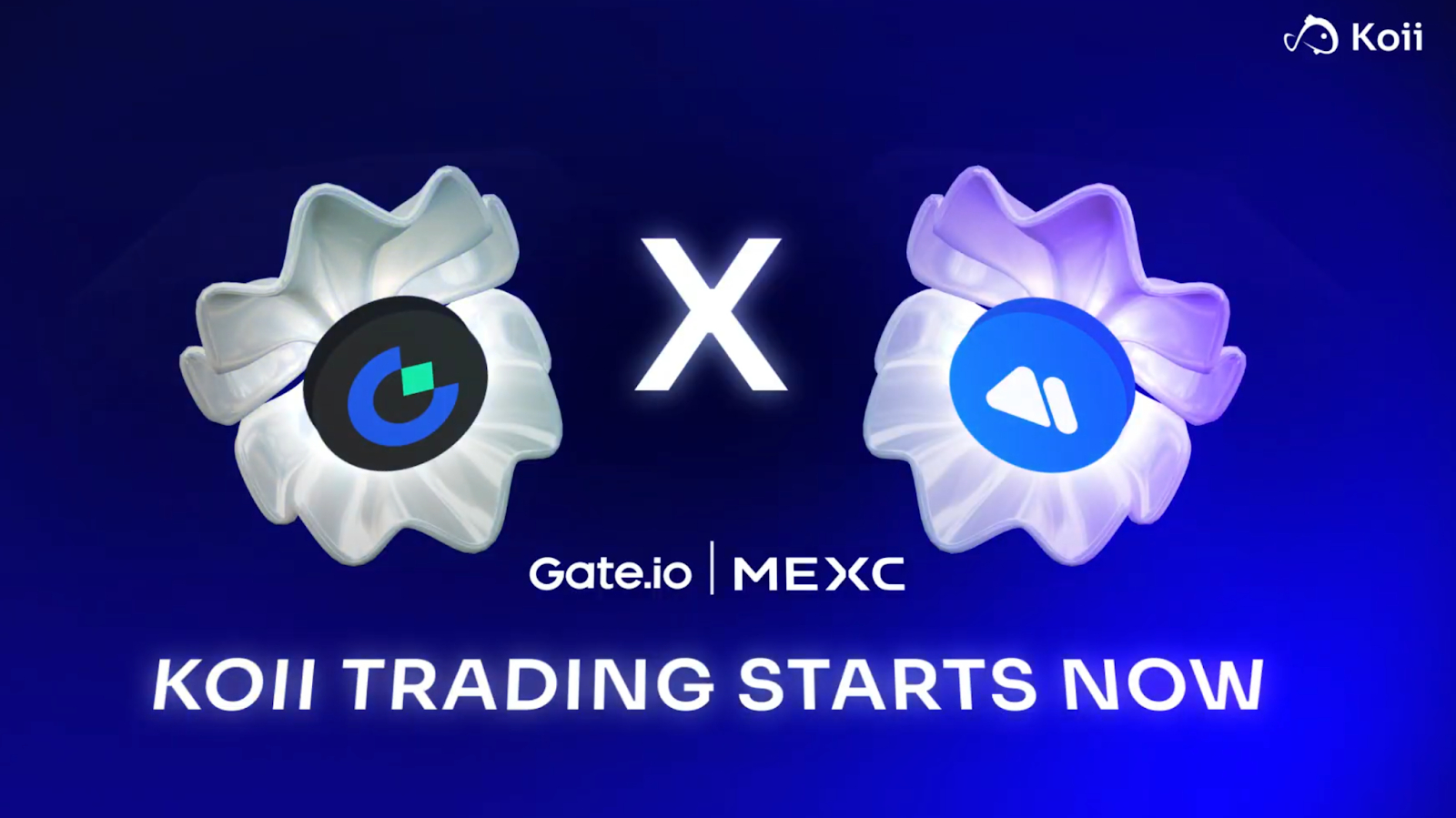A federal court’s dismissal of claims against a decentralized cryptocurrency platform and its investors for the actions of scam token issuers is a case of first impression with wider significance.
On August 29, 2023, the US District Court for the Southern District of New York dismissed a proposed class action lawsuit against Uniswap Labs and its CEO, foundation, and three venture capital backers[1] (the Defendants) brought by plaintiffs who sought damages from alleged exposure to scam tokens that originated with anonymous third-party token issuers on the company’s decentralized cryptocurrency trading protocol.
Background
In April 2022, plaintiffs filed a proposed class action lawsuit claiming they lost money after investing in what turned out to be various scam tokens on the Uniswap Protocol, one of the world’s most prominent decentralized cryptocurrency trading protocols. Given Uniswap’s decentralized nature, plaintiffs could not identify the issuers of the scam tokens, and therefore targeted the Defendants in their suit.
Plaintiffs alleged that the Defendants were aware of the scams taking place on Uniswap but ignored them to profit from liquidity fees involved in the minting and swapping of tokens on the protocol. By providing a marketplace for buyers and sellers, by assisting with the drafting of smart contracts, and by their ownership of governance tokens, plaintiffs alleged that the Defendants had “facilitated” these scam trades. Plaintiffs asserted numerous causes of action — including violations of the Securities Exchange Act of 1934 (Exchange Act), Sections 5, 15(a)(1), 20, and 29(b); the Securities Act of 1933 (Securities Act), Sections 5 and 12(a)(1); and various state law claims — fundamentally alleging that the Defendants were operating an unregistered exchange and promoting, offering, and selling unregistered securities in the form of crypto tokens.
District Judge Katherine Polk Failla granted the Defendants’ motions to dismiss with prejudice, finding that plaintiffs failed to state a claim under the federal securities laws and declining to exercise supplemental jurisdiction over the remaining state law claims. Recognizing that the case presented questions of first impression, the court rejected plaintiffs’ attempt to impose liability under the federal securities laws on developers of and investors in a decentralized cryptocurrency trading protocol, even when assuming for purposes of the motion that the tokens at issue qualified as securities.
Key Issues and Holdings
The court addressed two key issues:
- whether the Defendants were operating an unregistered securities exchange and/or acting as unregistered broker-dealers in violation of the Exchange Act; and
- whether the Defendants “sold” the scam tokens within the meaning of the Securities Act.
Registration
Plaintiffs first claimed that transactions in the scam tokens were subject to rescission under Section 29(b) of the Exchange Act based on the Defendants’ alleged operation of an unregistered exchange in violation of Section 5 of the Exchange Act, and/or the Defendants’ alleged conduct as unregistered broker-dealers, in violation of Section 15(a)(1) of the Exchange Act. More specifically, plaintiffs alleged that the Defendants had contracted with plaintiffs insofar as (i) the Uniswap Protocol requires its users to buy and sell tokens using its smart contracts (namely, the core contracts and router contracts) to complete the transactions; (ii) plaintiffs traded in scam tokens on the Uniswap Protocol, thereby assenting to these contracts; and (iii) plaintiffs paid fees for each transaction they made pursuant to the terms of the smart contracts.
In dismissing the unregistered exchange and broker-dealer claims, the court held that it “defies logic that a drafter of computer code underlying a particular software platform could be liable under Section 29(b) for a third-party’s misuse of that platform.”[2] The court emphasized the difference between the foundational contracts underpinning Uniswap versus the token contracts unique to each token and entered into directly between the buyer and seller.[3] The court ultimately found that the Uniswap Protocol’s foundational contracts were collateral to the scam tokens; the foundational contracts were themselves able to be carried out lawfully, and thus not eligible for rescission under Section 29(b).[4] The court analogized plaintiffs’ allegations to attempting to hold peer-to-peer payment applications “liable for a drug deal that used the platform to facilitate a fund transfer.” [5] In both cases, the actions of independent third parties caused the harm rather than the platform they used.
Sales
Next, the court rejected plaintiffs’ argument that developers or investors can be liable for “selling” tokens to plaintiffs under Section 12 of the Securities Act. There are two ways to establish liability as a “seller” under Section 12:
- if a defendant passes title, or other interest in a security, to the buyer for value; or
- if a defendant successfully solicits the purchase of a security, motivated at least partially by its own financial interests or those of the securities’ owner.[6]
The court rejected both theories, noting that the reach of Section 12 does not extend so far as to include participants that are collateral to the offer or sale of securities, such as those that merely facilitate the contested transaction. “Just as Section 12(a)(1) does not apply to those who draft base-level agreements for traders to access the stock market, it does not apply to software coders who create an exchange to efficiently facilitate trades.”[7]
With respect to passing title, plaintiffs alleged that the Defendants wrote, controlled, and maintained the smart contracts for the liquidity pools, that the tokens were held in those liquidity pools which facilitated the token sales, and that the Defendants thus necessarily passed title of the tokens to plaintiffs. In rejecting this argument, the court analyzed the role of liquidity pools, ultimately determining that even if title were to pass from the pool to the Uniswap protocol to a plaintiff, “this split-second, autonomous function would make the Protocol collateral to the transaction.”[8]
As for solicitation, plaintiffs allege that the Defendants sold, promoted, and/or solicited the tokens directly to plaintiffs for purposes of increasing the value of their governance tokens (UNI). In support of this claim, plaintiffs relied on social media comments suggesting that the Uniswap Protocol was “secure” and “for many people.” The court found this argument to be too attenuated to state a claim,[9] analogizing the DeFi protocol to centralized exchanges: “no plaintiff would sue the New York Stock Exchange or NASDAQ for tweeting that its exchange was a safe place to trade after that plaintiff had lost money due to an issuer’s fraudulent schemes.”[10]
Finally, the court rejected plaintiffs’ control person claims based on their failure to state primary violations of the federal securities laws.[11] In dismissing the control person claims on this basis, the court left unresolved the extent to which possession of governance tokens or participation in code or platform development, as alleged by plaintiffs to bring in the three venture capital Defendants, might lead to potential control person liability.
Repercussions for the Digital Asset Industry
The dismissal of plaintiffs’ claims is good news for the developers of decentralized protocols in that it clarifies — at least based on the allegations at issue — that they are not liable for transactions by others that take place on protocols they have developed.
The court did not address the underlying securities law issues of whether the Defendants were operating an unregistered securities exchange or acting as unregistered broker-dealers, instead assuming they were for purposes of analysis and concluding that plaintiffs’ claims failed even if they were. The applicability of those registration categories to centralized exchanges is the subject of multiple active cases involving other industry participants. Whether they apply to a DeFi protocol like the one at issue in this case may be tested as well.
An interesting dictum in the case is the court’s characterization of ether (ETH) as a commodity.[12] Former SEC Director of Corporate Finance William Hinman stated his views in 2018 that ETH was a commodity and thus sales were not subject to the securities laws, and the CFTC has itself called ETH a commodity.[13] Subsequent statements by current SEC Chairman Gary Gensler, however, have called that conclusion into question. This additional support for the characterization of ETH as a commodity will be welcomed by the digital asset community, especially by those working toward decentralization of their own tokens.
Although the court’s holdings in this district court case will not be binding on other courts, the ruling has weight as part of a growing set of cases showing that courts may be reluctant to impose liability when liability is not clearly indicated under current statutes.
Conclusion
While sympathetic to plaintiffs’ losses, the court found that they were “looking for a scapegoat for their claims because the Defendants they truly seek are unidentifiable.” The court pointedly noted that legislative gaps may have contributed to the current state of confusion regarding oversight and liability in the digital asset industry: “The current state of cryptocurrency regulation leaves [plaintiffs] without recourse, at least as to the specific claims alleged in this suit.” “Plaintiffs’ concerns,” Judge Failla concluded, “are better addressed to Congress than to this Court.” On that front, a series of wide-ranging legislative proposals have emerged in the past few years to address regulatory gaps in the digital asset markets, although none have yet secured the necessary bipartisan support needed for enactment.
For more information on select digital asset legislative proposals, see:
Digital Asset Market Structure Bill Seeks to Fill US Regulatory Gaps
Responsible Financial Innovation Act Offers Clarity, Safeguards for Digital Assets
New US Digital Assets Bill Casts Wide Net
Credit: Source link















































